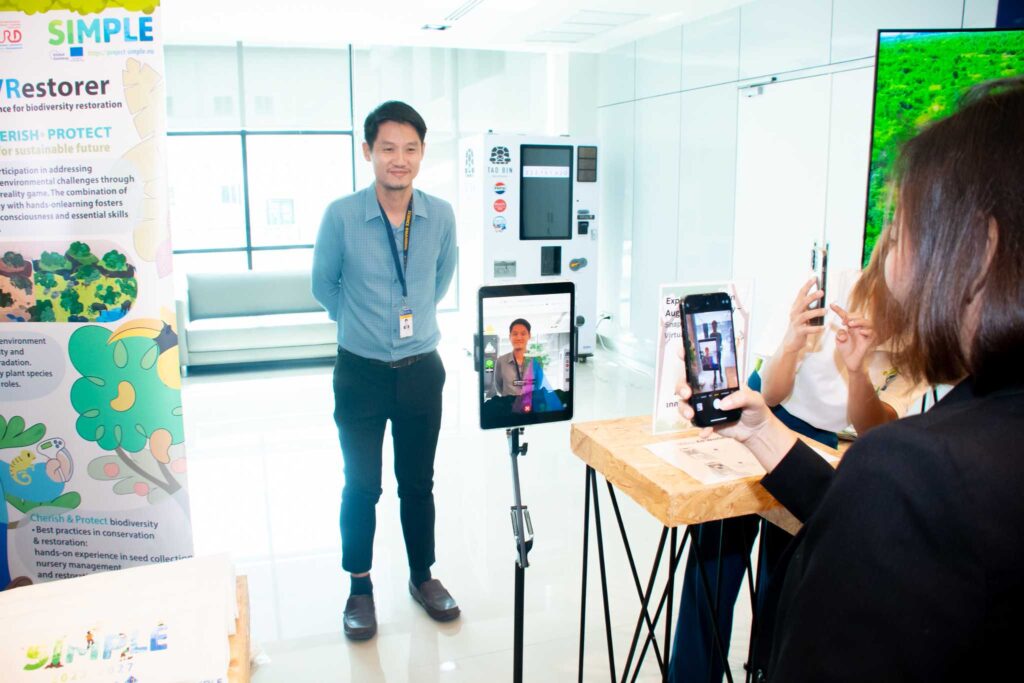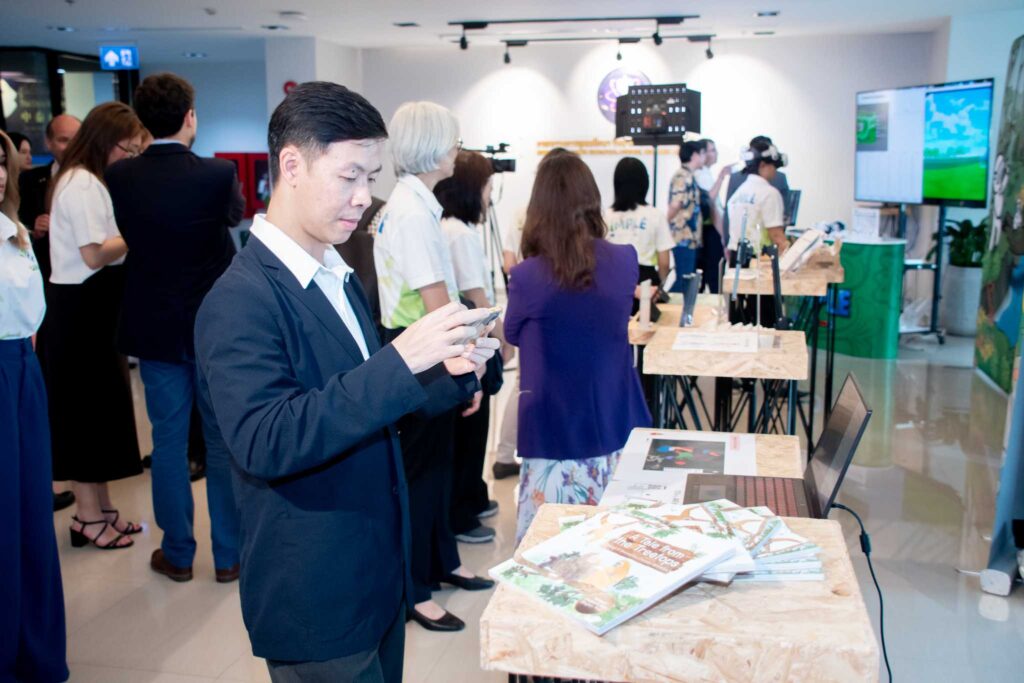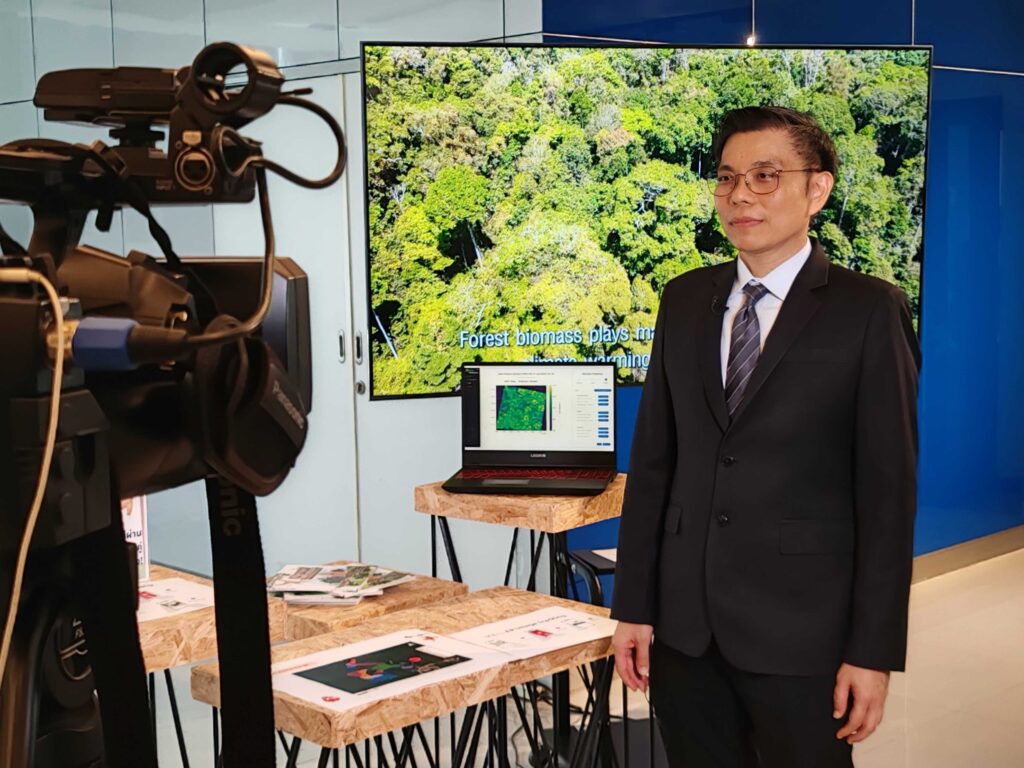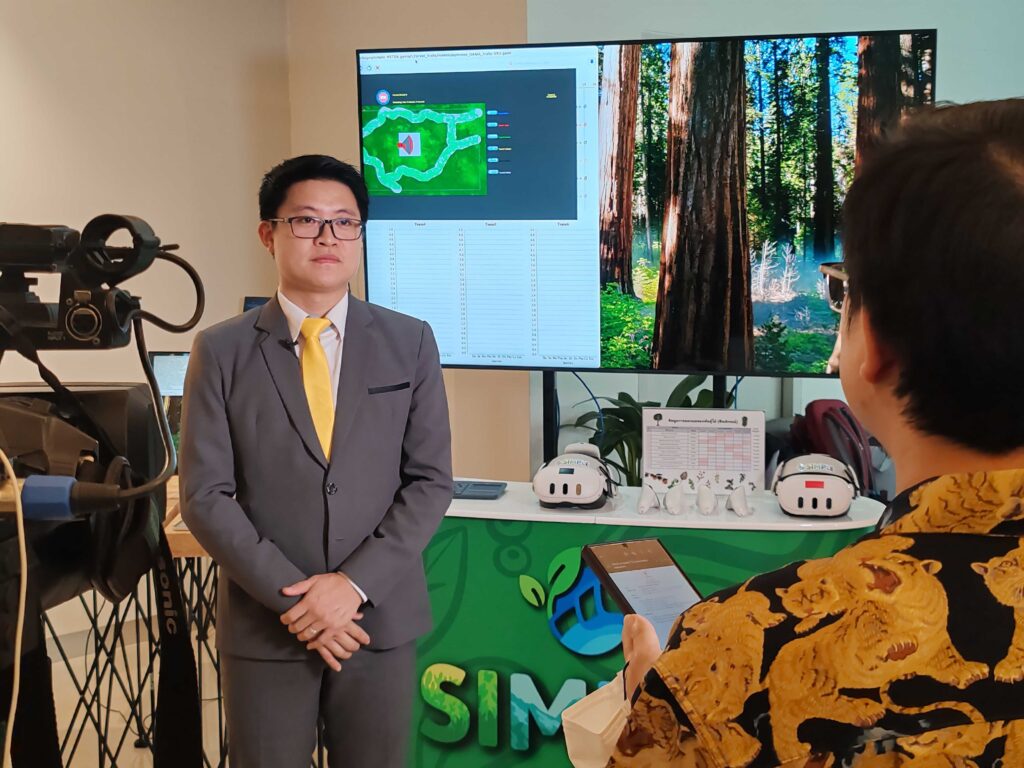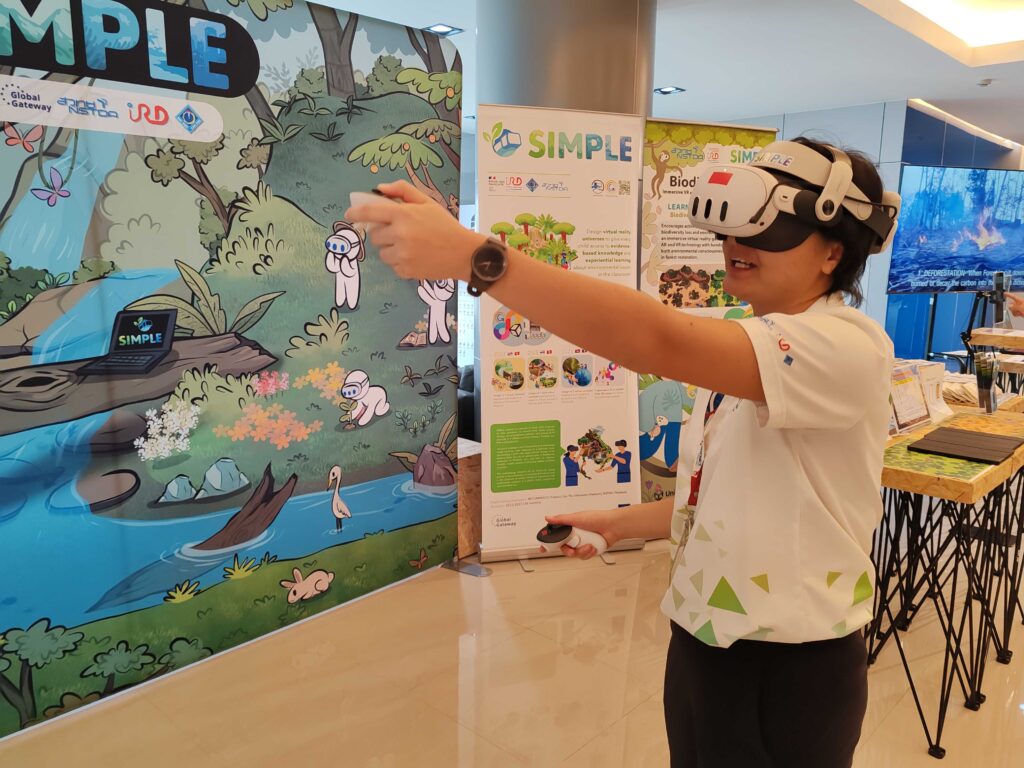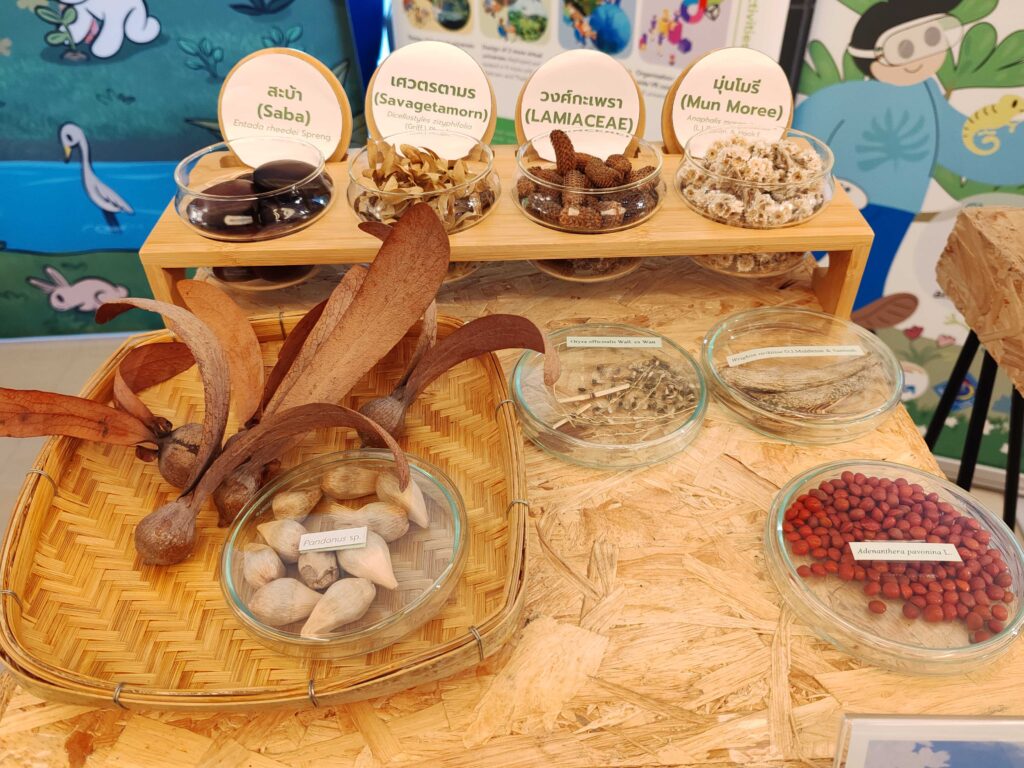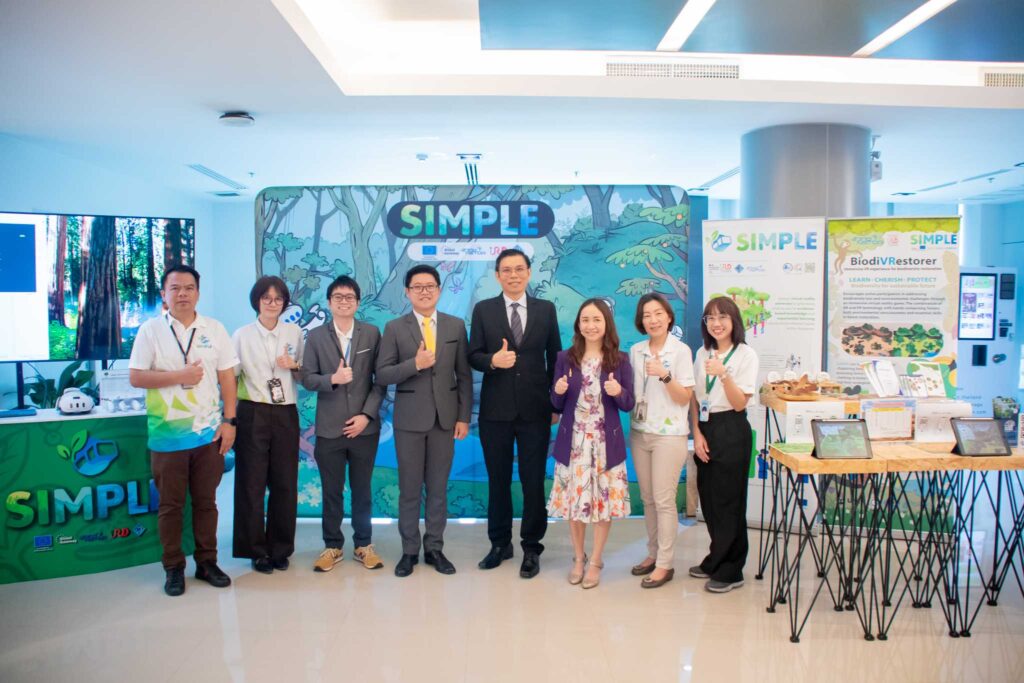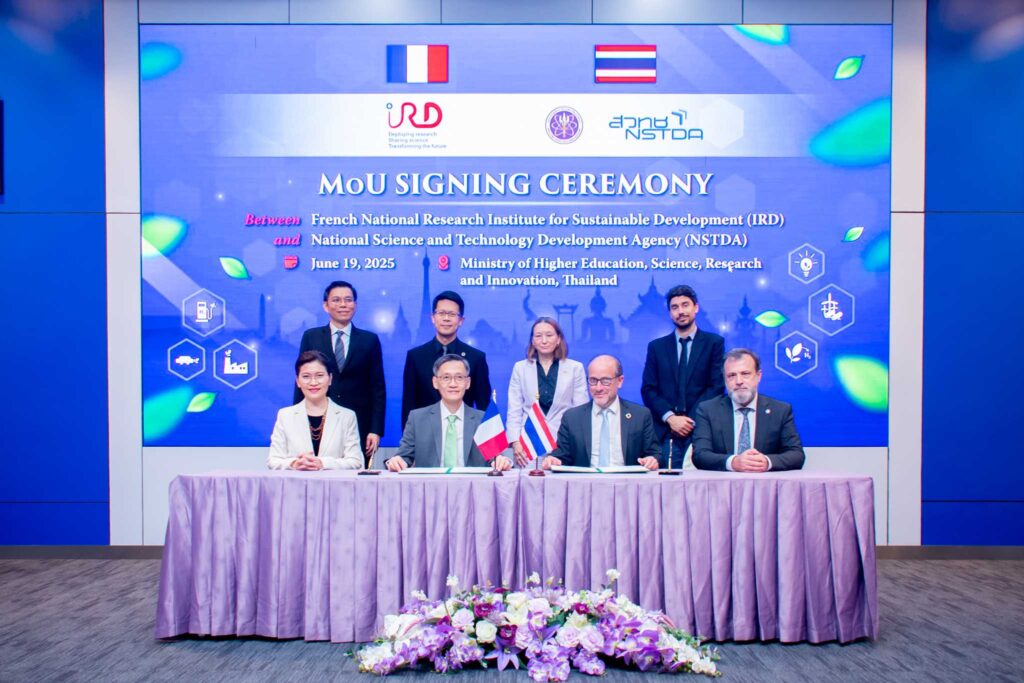
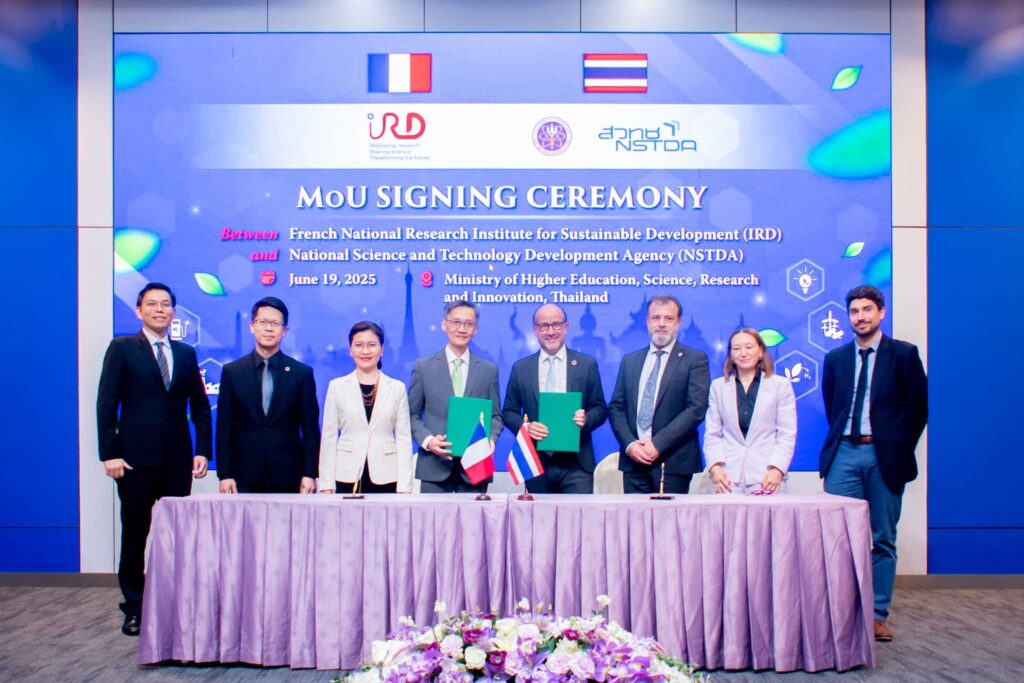
Bangkok, Thailand — The National Science and Technology Development Agency (NSTDA) of Thailand and France’s Institut de Recherche pour le Développement (IRD) have signed a renewed five-year Memorandum of Understanding (MoU), reaffirming their commitment to advancing scientific research and education to address pressing environmental and sustainability challenges.
Signed today at Thailand’s Ministry of Higher Education, Science, Research and Innovation, the MoU (2025–2030) sets the stage for deeper collaboration in biodiversity research, carbon storage, and immersive environmental education—building on the success of joint programs initiated since 2017.
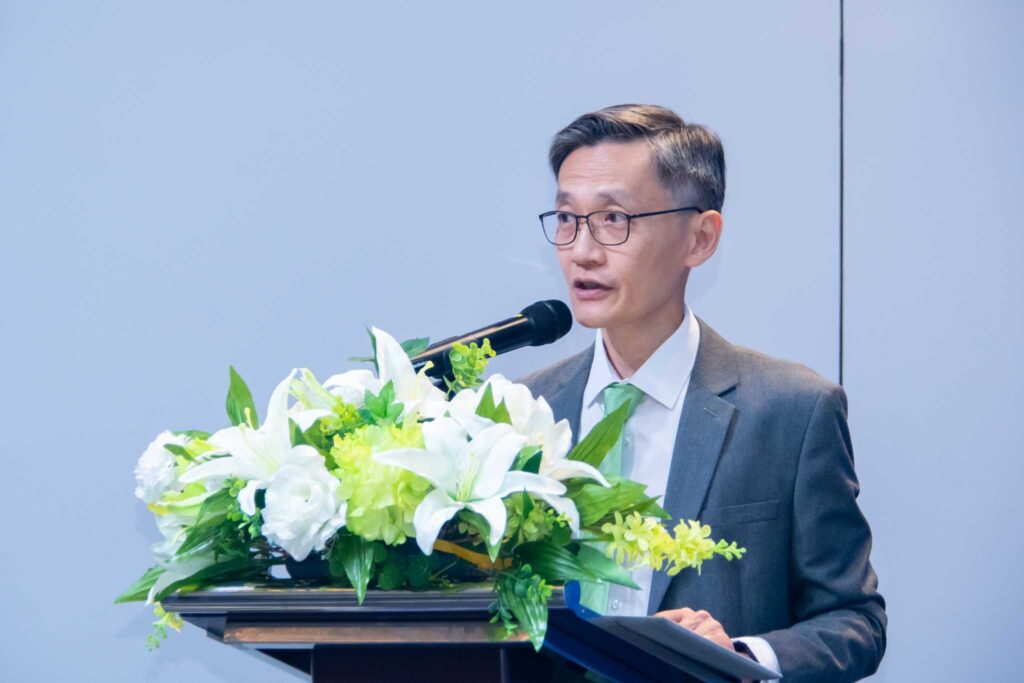
“This partnership represents not only a scientific alliance, but a shared responsibility to our planet and future generations,” said Dr. Somboon Sahasithiwat, Executive Vice President of NSTDA . “Together with IRD, we aim to generate knowledge, tools, and talent that support regional and global sustainability goals.”
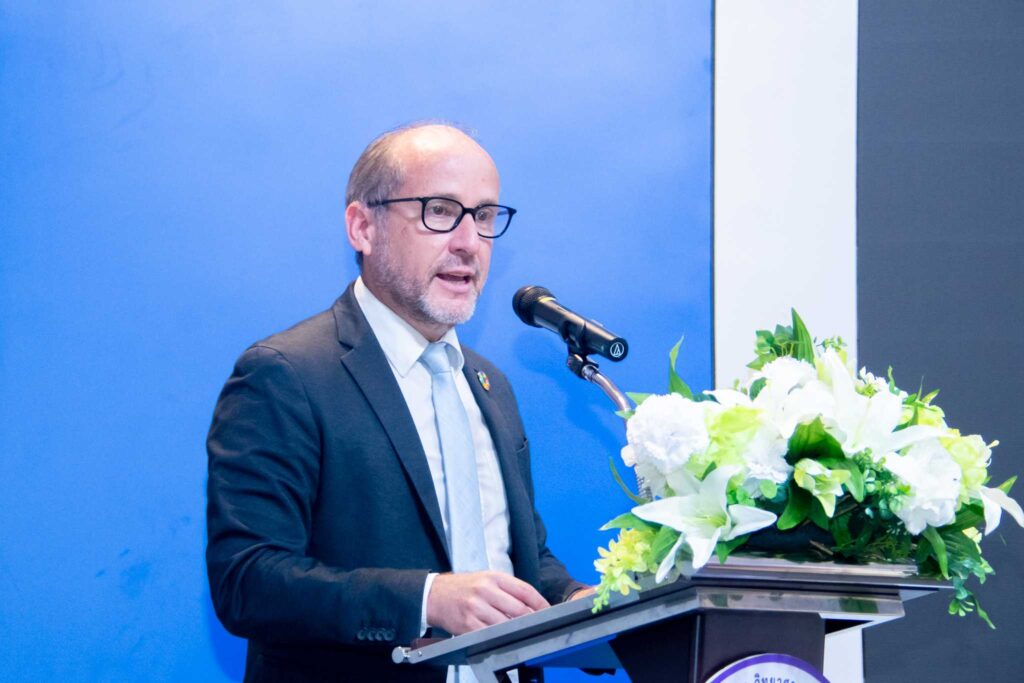
Mr. Gilles PECASSOU, Deputy CEO of IRD echoed the sentiment, stating “Thailand is a strategic partner for IRD in Southeast Asia. Since 2017, IRD and NSTDA have worked together on a number of successful joint projects supported by prestigious international funding sources. This renewed MoU reflects our mutual trust and our joint ambition to foster interdisciplinary research, empower young scientists, and deliver real impact through innovation and inclusive education.”
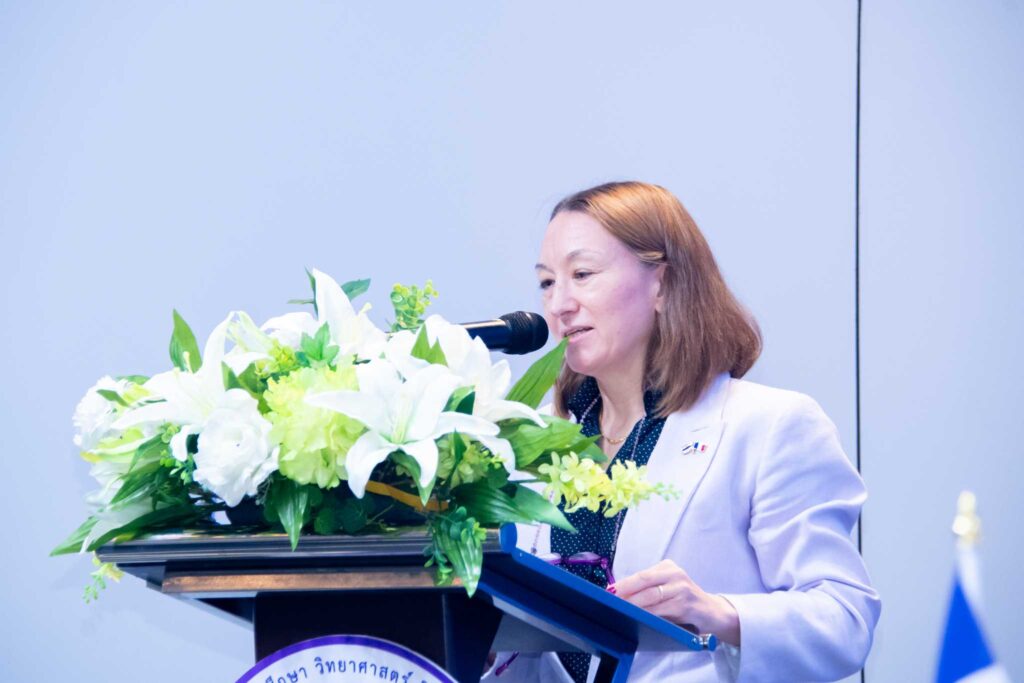
Representing Embassy of France in Bangkok, Ms. Lise TALBOT-BARRE, Counsellor for Cooperation and Cultural Action, emphasized the broader significance of the partnership “Scientific collaboration is a cornerstone of Thai-French relations. This MoU strengthens not just institutional ties between NSTDA and IRD, but also the long-standing friendship between our two countries, grounded in shared values, innovation, and commitment to sustainable development.”
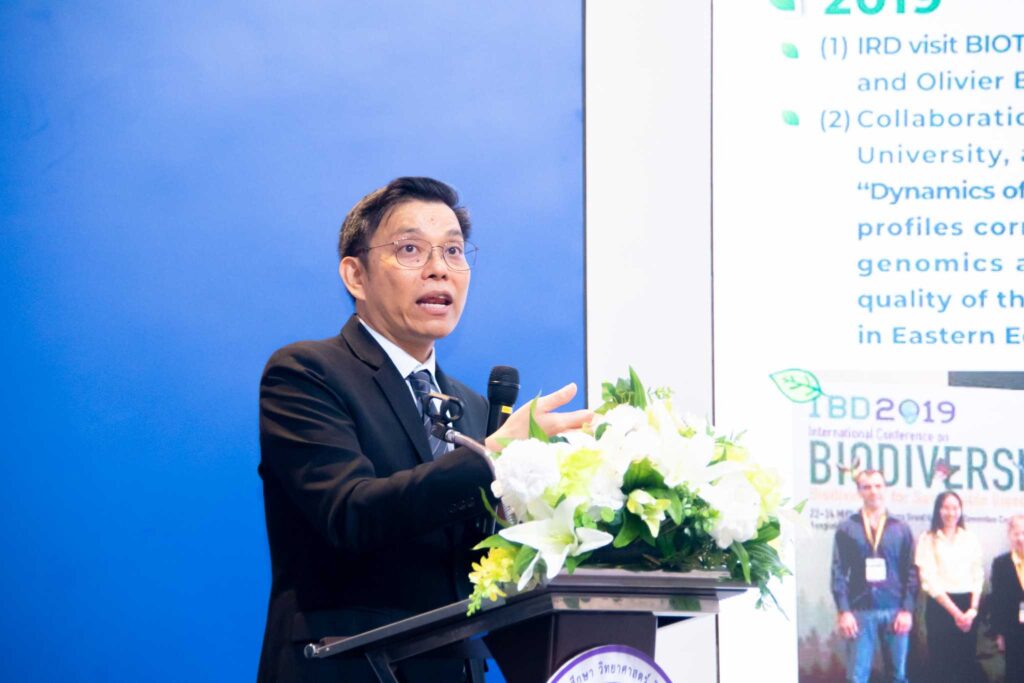
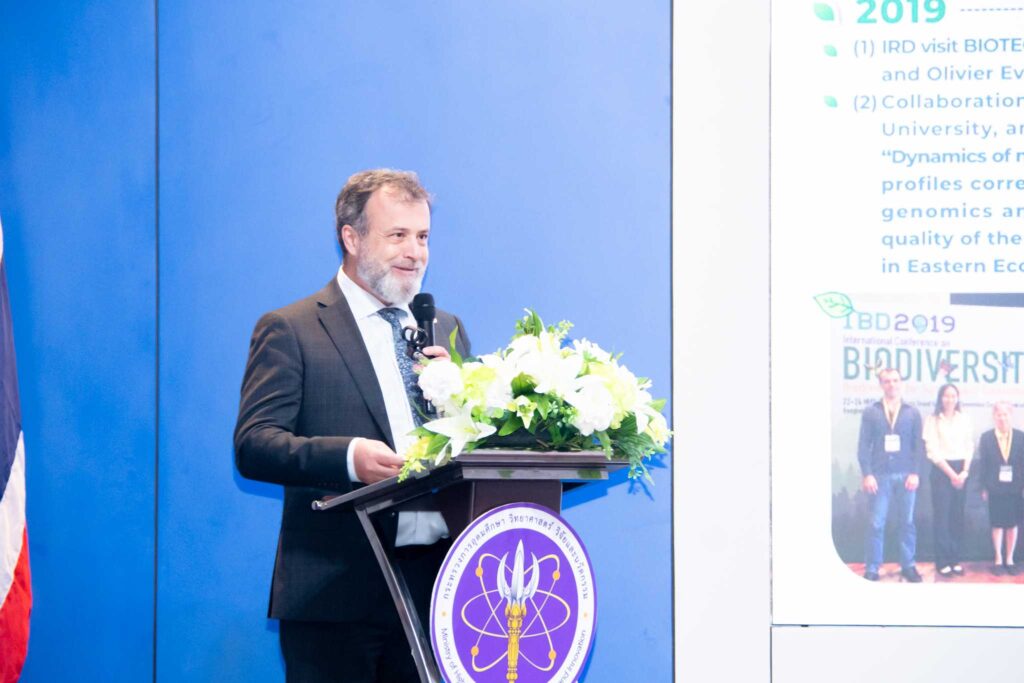
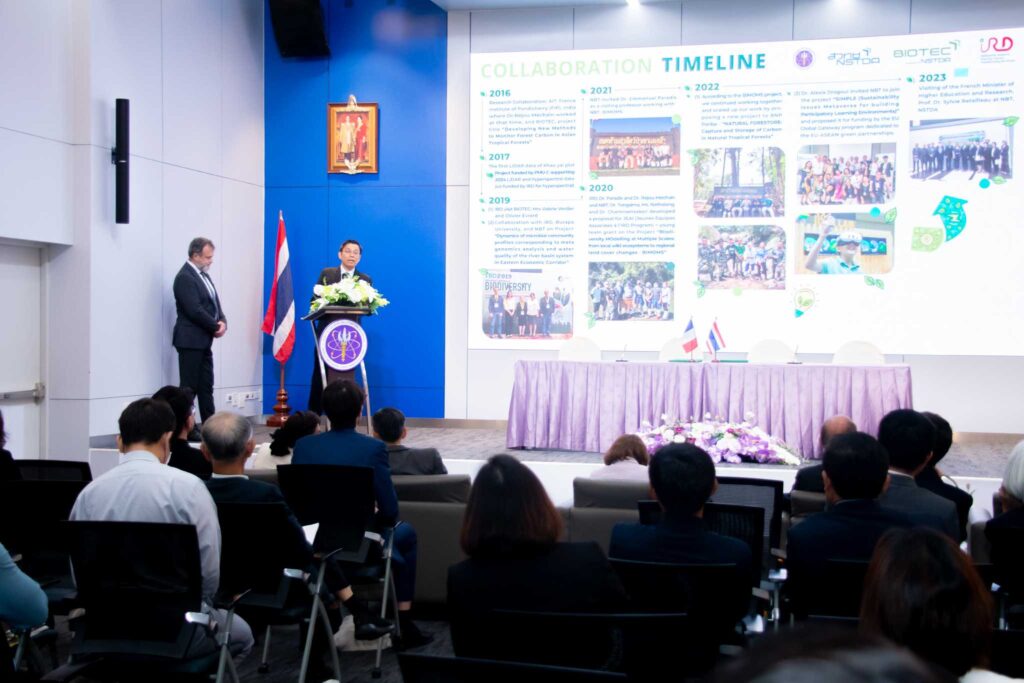
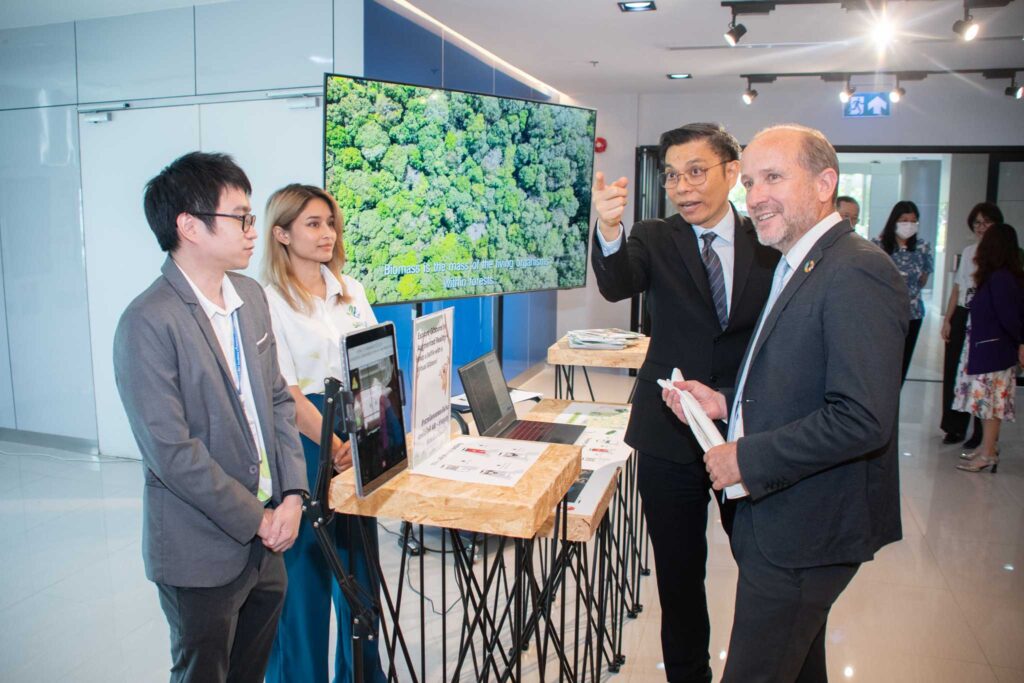
Key achievements from the first phase of collaboration include:
- BIMOMS (BIodiversity MOdelling at Multiple Scales: From local wild ecosystems to regional land cover changes Country: Thailand):
The JEAI BIMOMS project (2022–2024), funded under IRD’s “Young Teams Associated with IRD (JEAI)” program, established a dynamic interdisciplinary team of emerging Thai researchers focused on modelling ecosystem processes—from the micro-scale biodiversity dynamics in Khao Yai National Park to broader regional patterns of forest transition and land-use change, integrating field research with satellite imagery, molecular tools, and AI-based analytics. Its legacy continues under the new MoU through expanded data modeling, drone-assisted biodiversity tracking, and inclusion in regional climate resilience strategies.
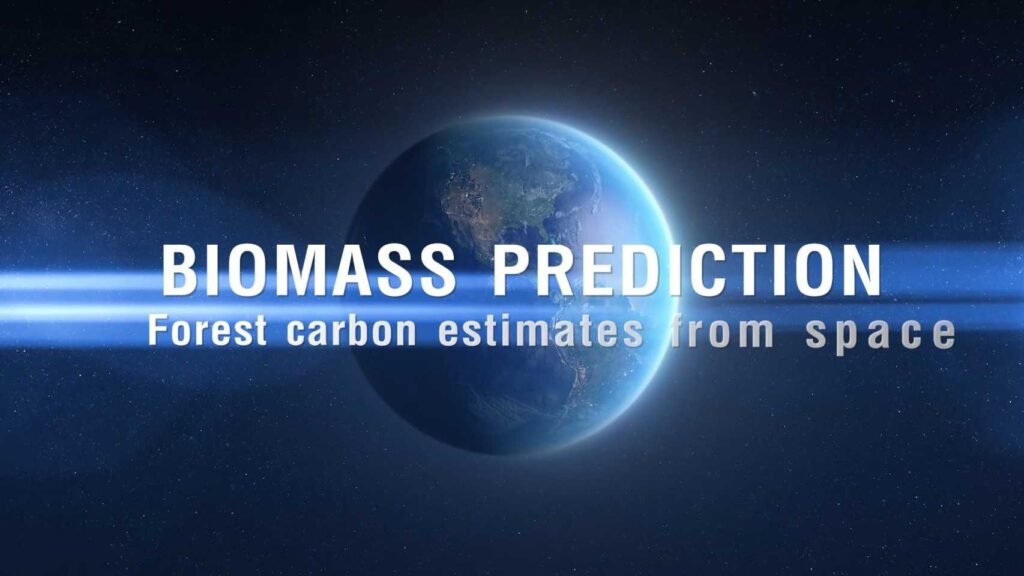
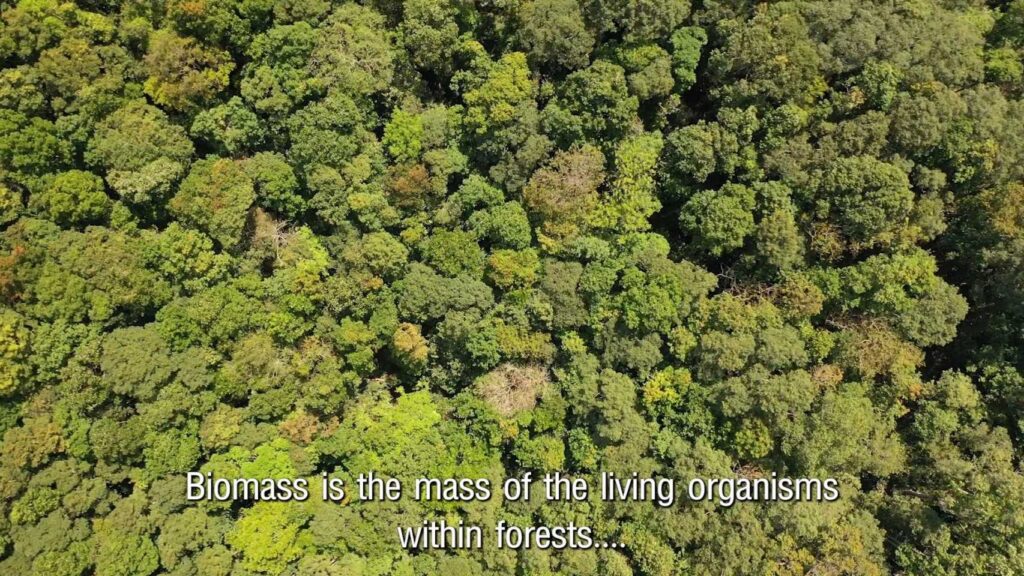
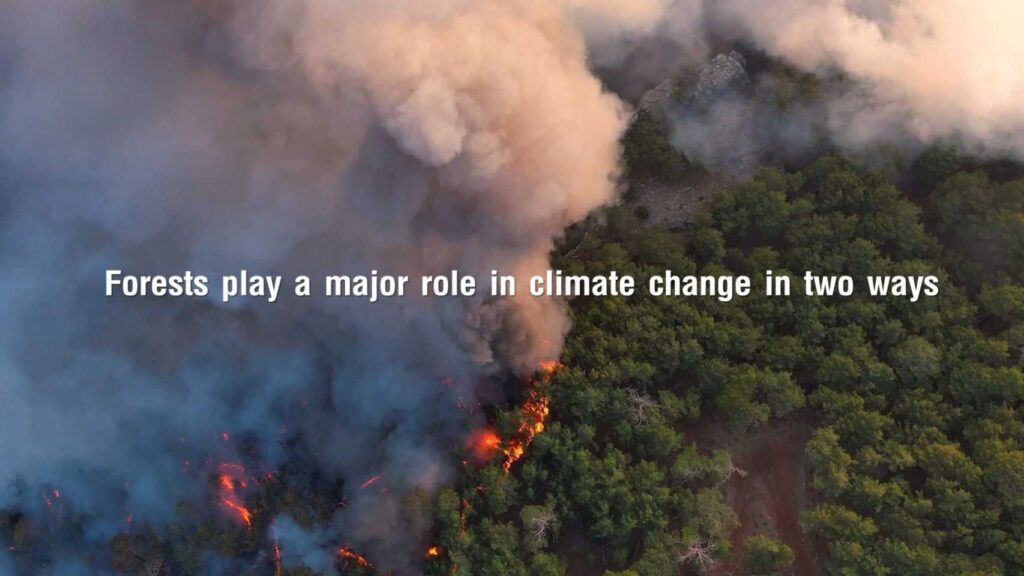
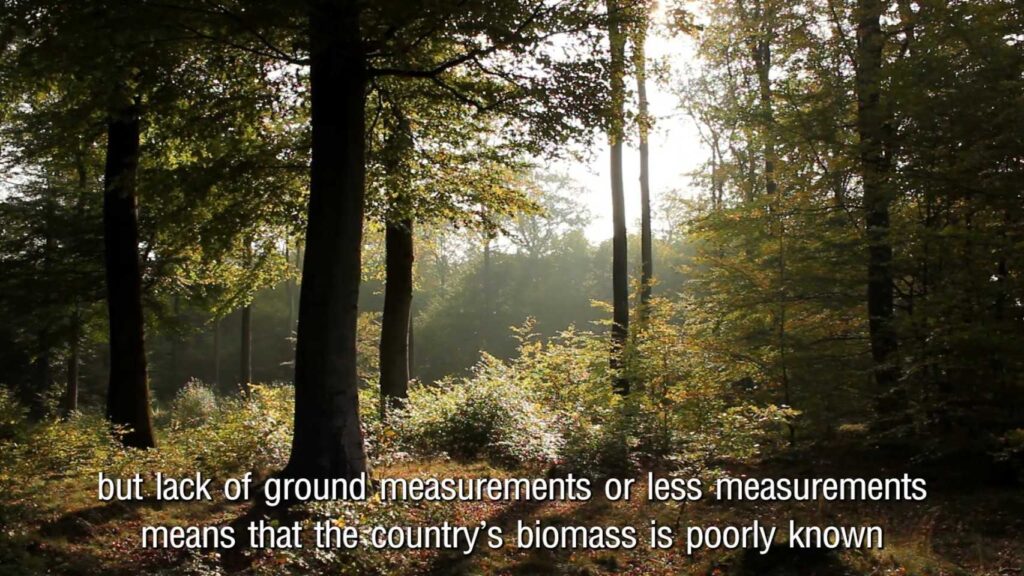
- SIMPLE (Sustainability Issues Metaverse for Building Participatory Learning Environments):
Bridging technology and education, SIMPLE has brought augmented and virtual reality (AR/VR) learning experiences to Thai youth, engaging students in the conservation of natural ecosystems through digital immersion. Since inception, the program has demonstrated the effectiveness of AR/VR in simplifying complex environmental topics and enhancing classroom engagement with 219 high school students across 21 schools in Bangkok, Pathum Thani, and Chiang Mai through a nationwide pilot titled “BiodiVRestorer: Immersive VR experience for biodiversity restoration”. The students surveyed reported increased understanding of biodiversity issues and long-term memory; teachers cited improved attentiveness in class. As the project enters its next phase, SIMPLE will refine its learning tools, expand its suite of virtual experiences, and finalize a complete curriculum for rollout by early 2026.
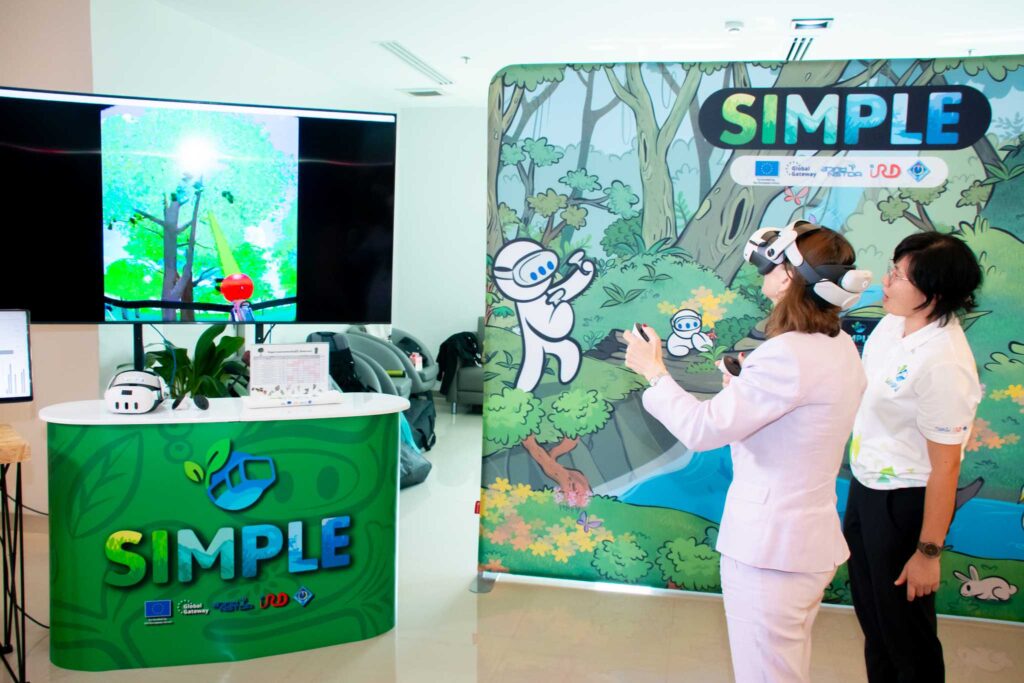
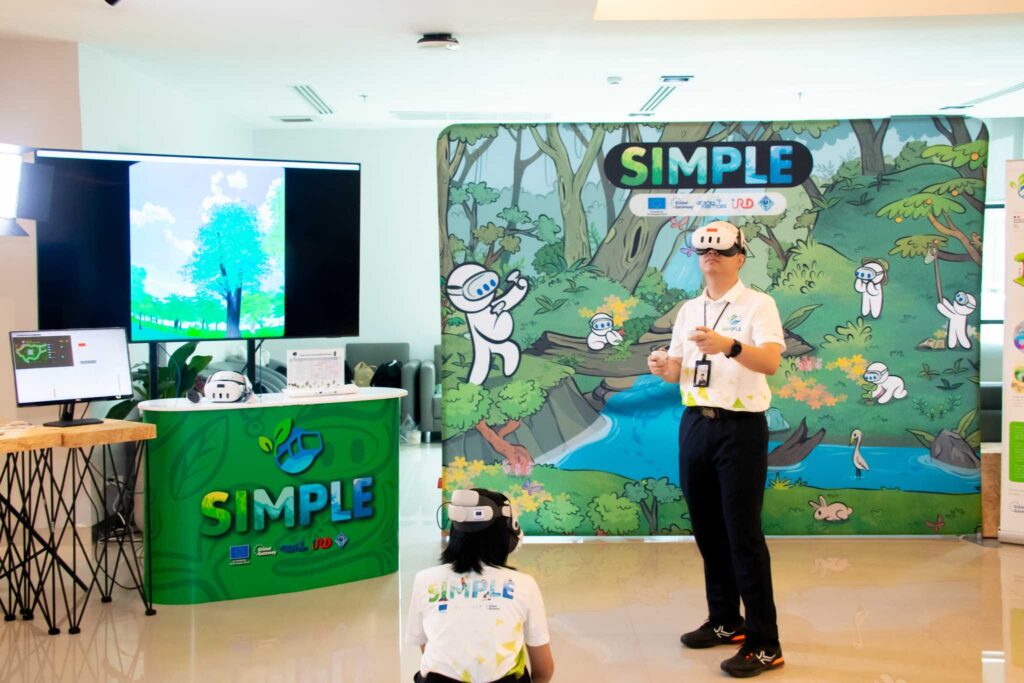
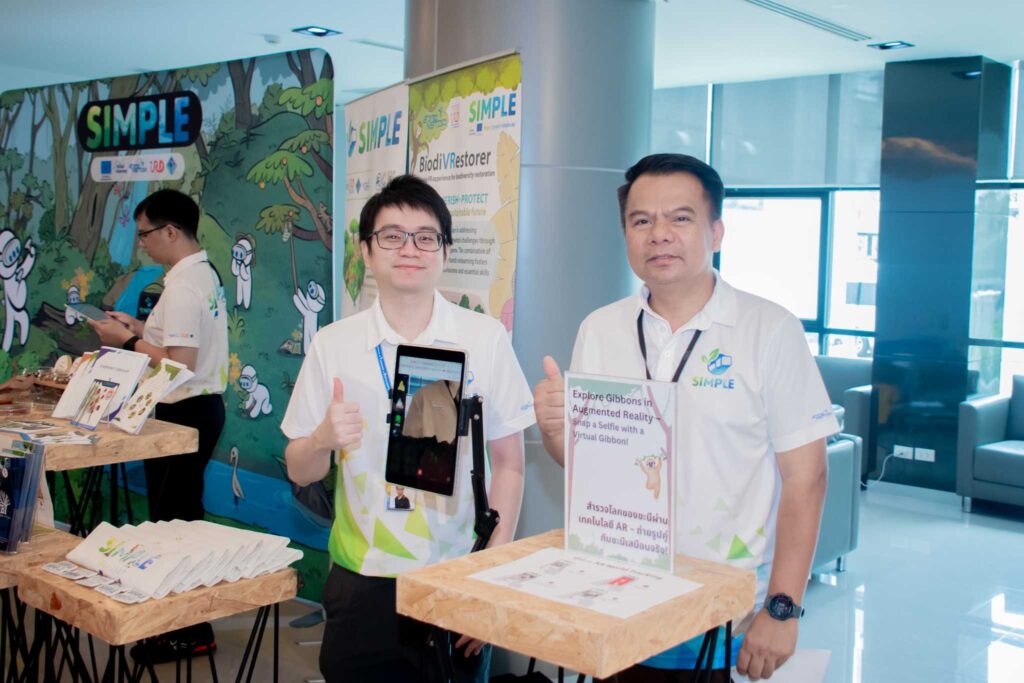
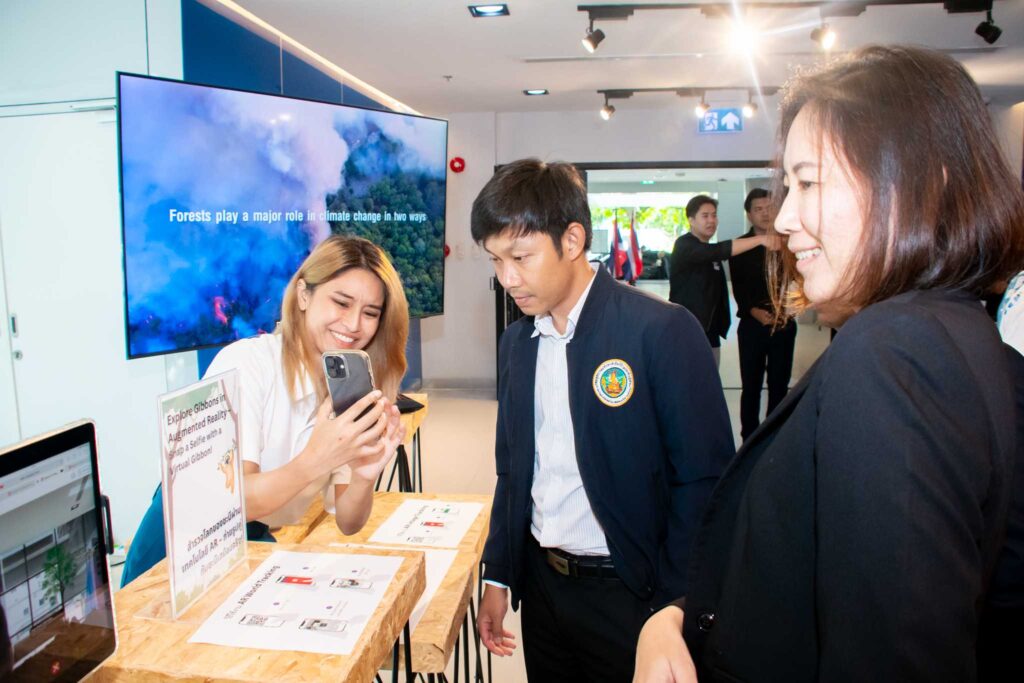
- NATURAL FORESTORE: NATURAL FORESTORE Capture and Storage of Carbon in Natural Tropical Forests
NATURAL FORESTORE is a multidisciplinary project that integrates cutting-edge research on forest carbon storage, metagenomics, remote sensing, and land use transitions. It also incorporates sociological dimensions of climate policy, providing a holistic framework for tackling global environmental challenges.
Supported by the BNP-Paribas Foundation, the project began fieldwork in 2024 across three diverse sites in Thailand and one in Laos—each representing a range of forest succession stages and land-use histories. These living laboratories allow scientists to examine above- and below-ground carbon storage, microbial biodiversity, and ecological resilience.
The program leverages advanced technologies such as Lidar, Sentinel satellite imagery, metagenomics, and machine learning to generate high-resolution insights into tropical forest dynamics.
NATURAL FORESTORE promises to deliver insights through several key highlights:
- Precise Carbon Quantification:Measuring carbon capture and storage across forest types with unprecedented precision—data essential for shaping global climate policies.
- Cutting-Edge Technology:Deploying a powerful scientific arsenal—from metagenomic tools that uncover soil microbial functions and link to Lidar and satellite data for the forest biomass model in 3D.
- Answering a Global Call:Supporting biodiversity monitoring and conservation on the “Biodiversity Index” which is the UN’s policy.
- Integration for Sustainability:Blending ecology, biology, socio-economics, and public policy to build real-world solutions for climate resilience and sustainable forest management.
NATURAL FORESTORE is more than a research project—it’s a catalyst for change, laying the foundation for a future where forests are not only preserved but empowered to fight climate change.
The signing ceremony was attended by senior officials from NSTDA, IRD, and the French Embassy, symbolizing a deepening of Franco-Thai scientific cooperation and marking a new chapter in leveraging research and innovation to address shared global challenges.
